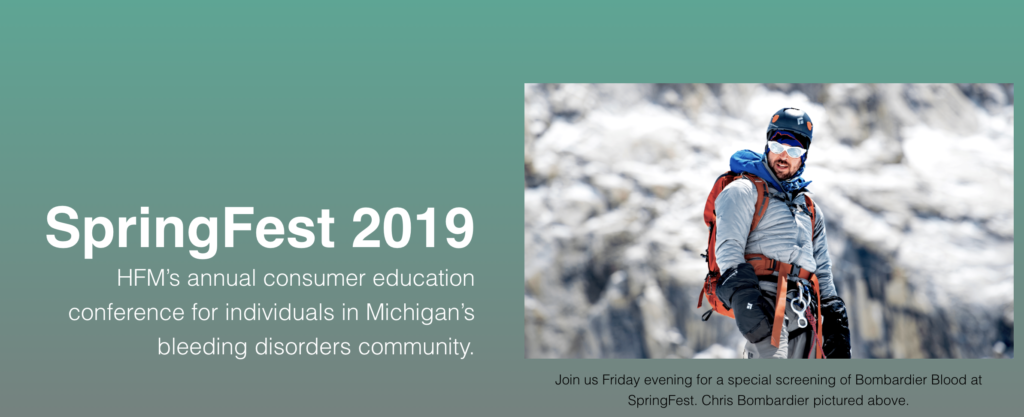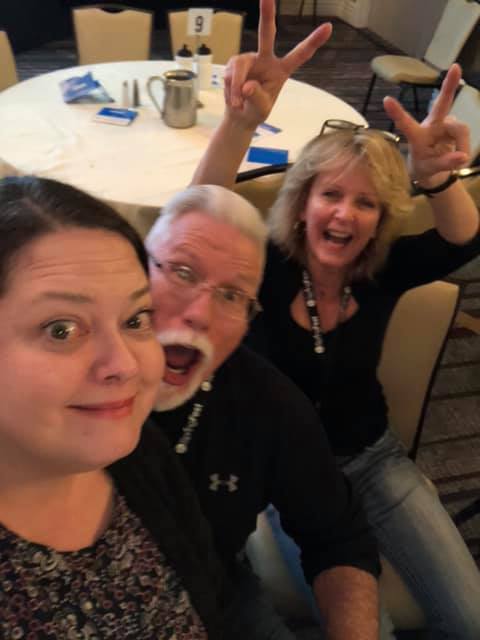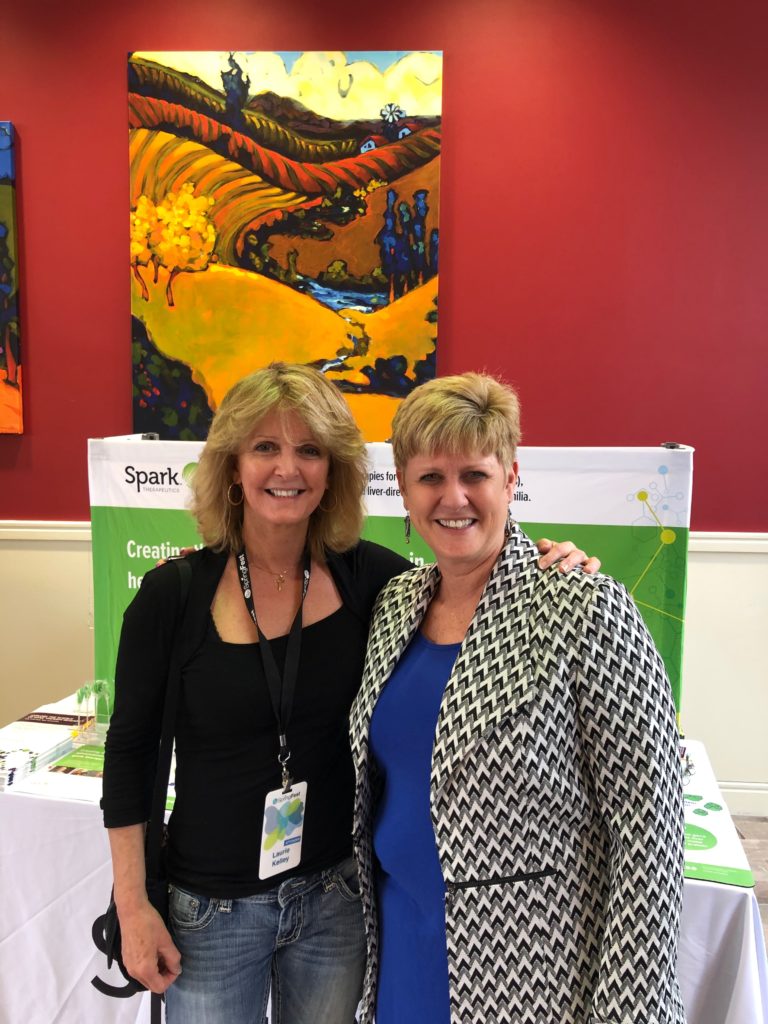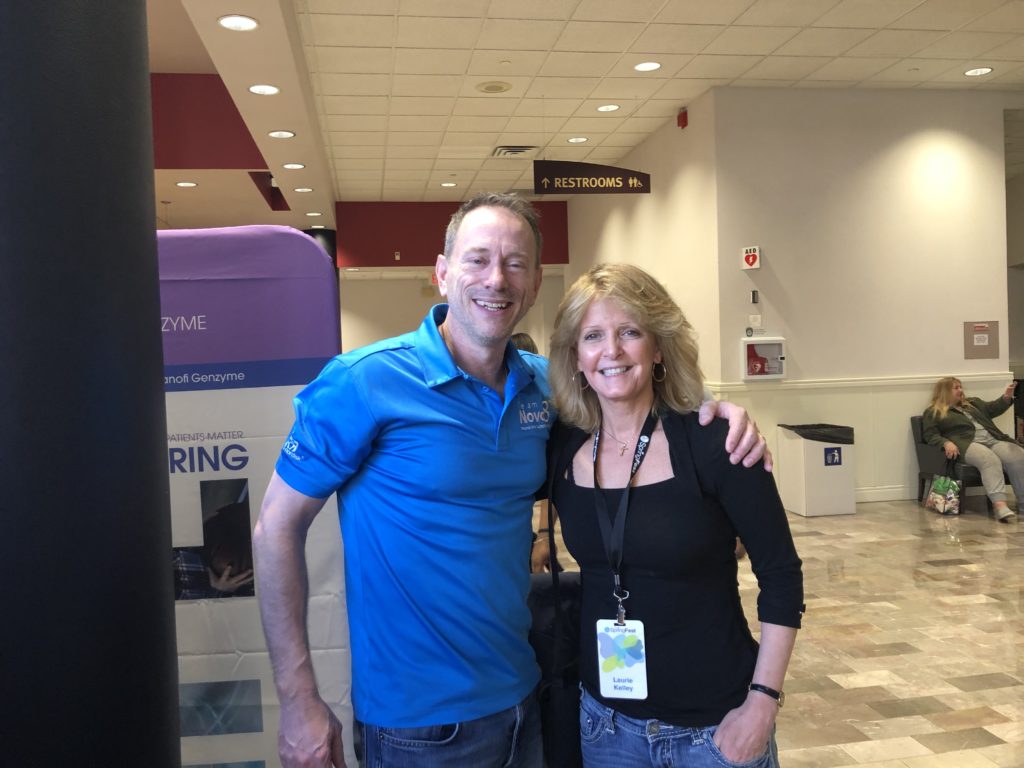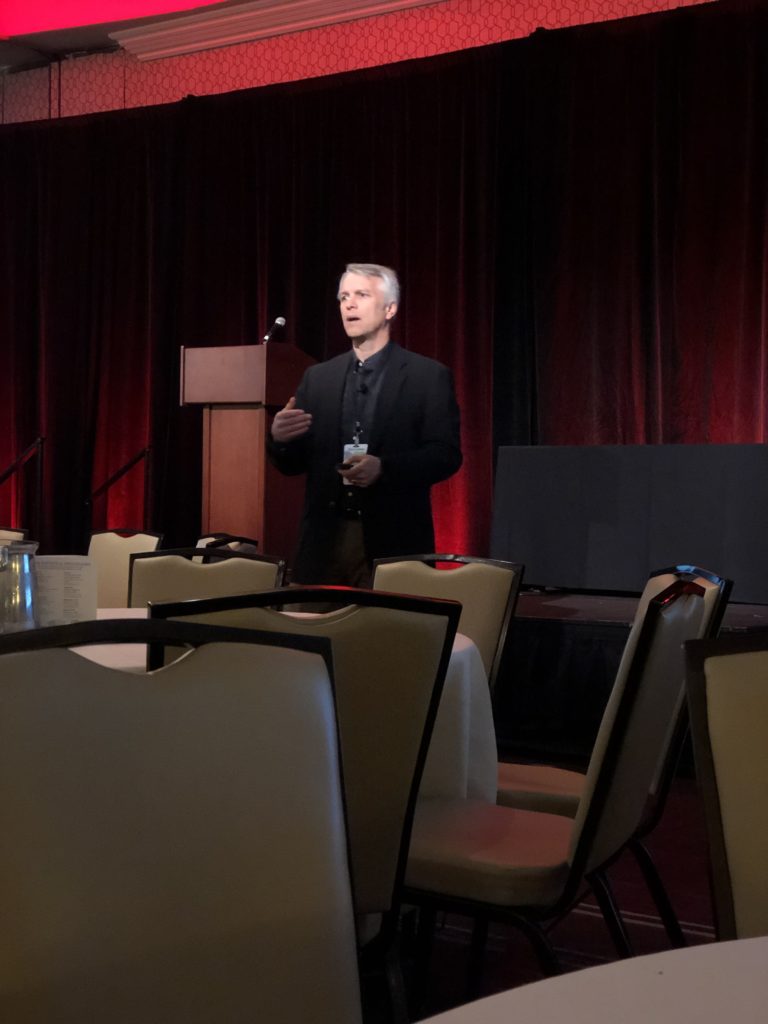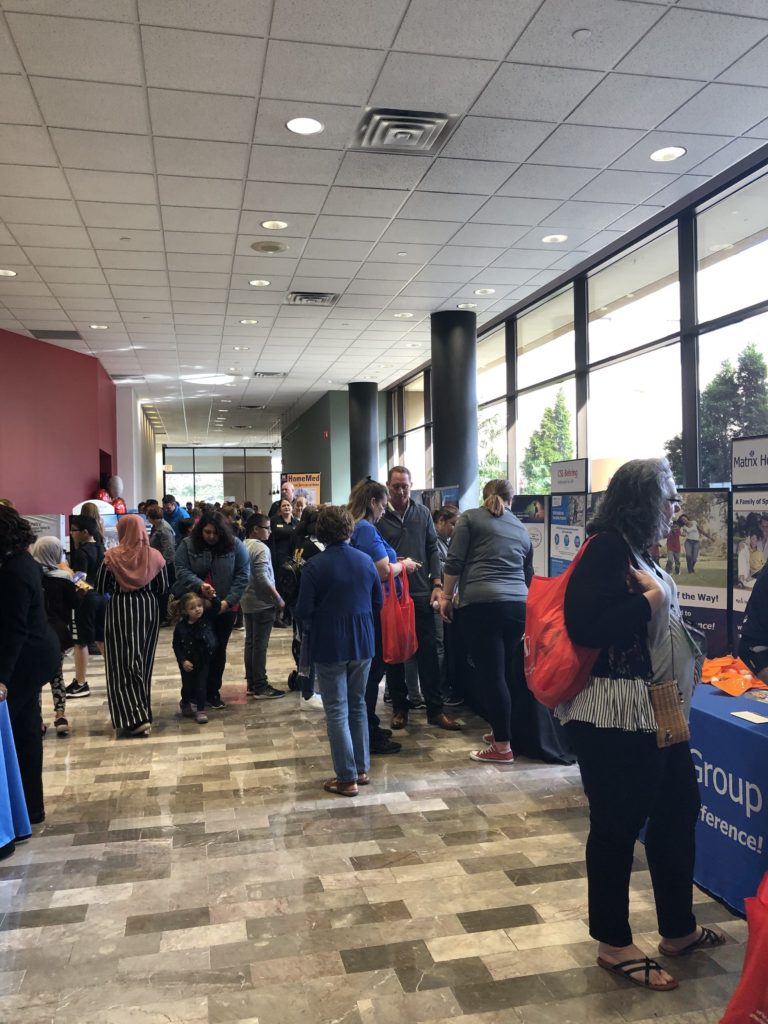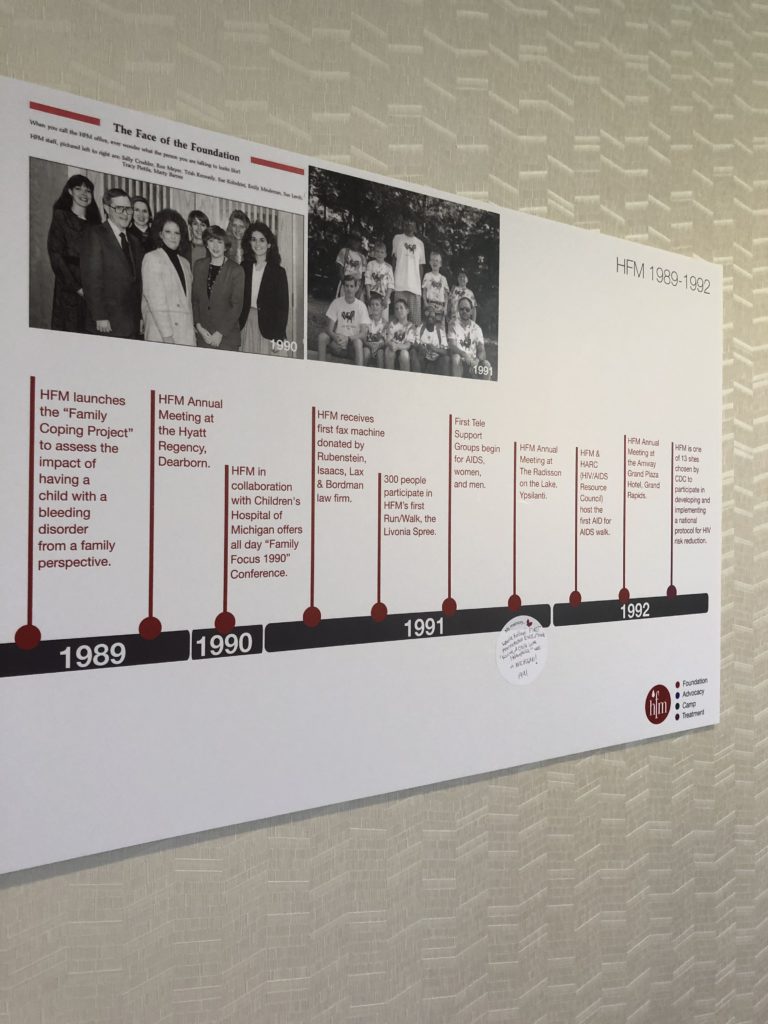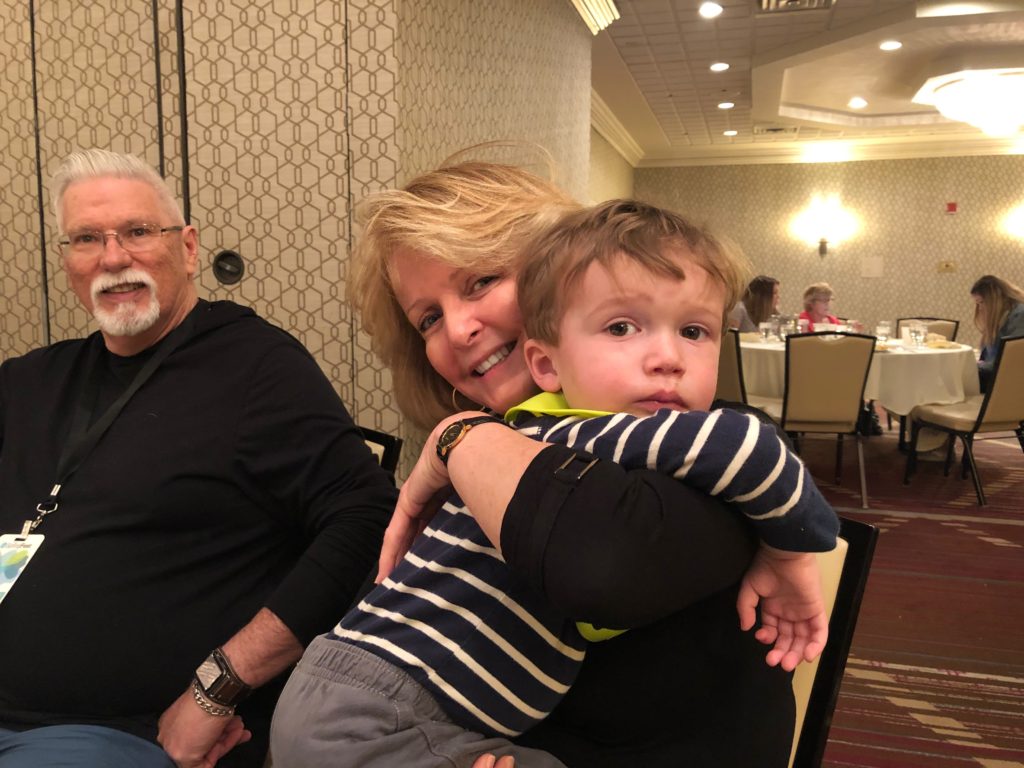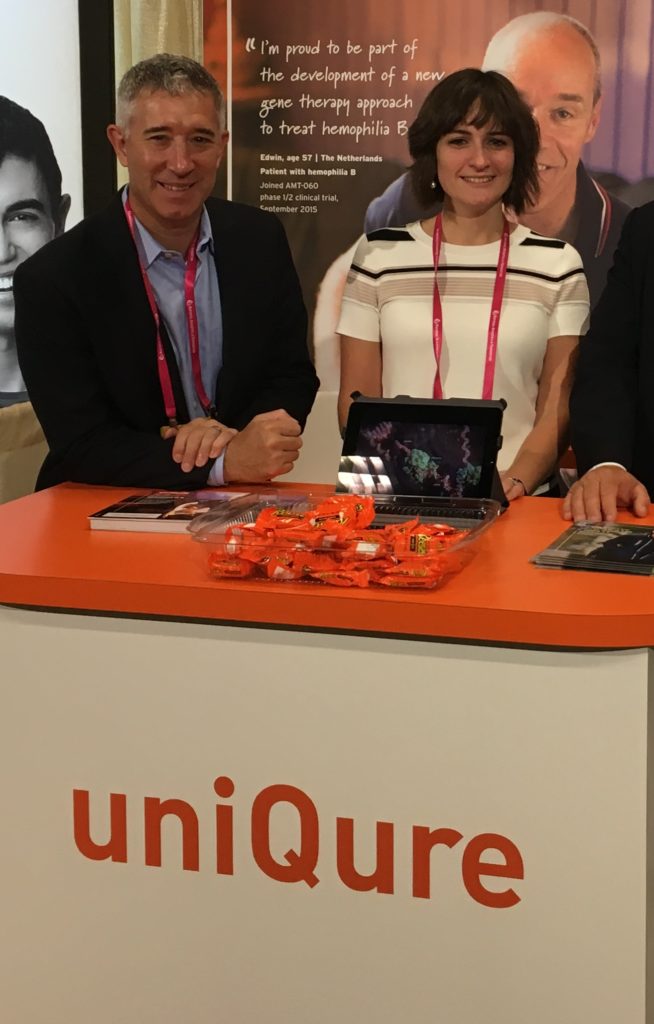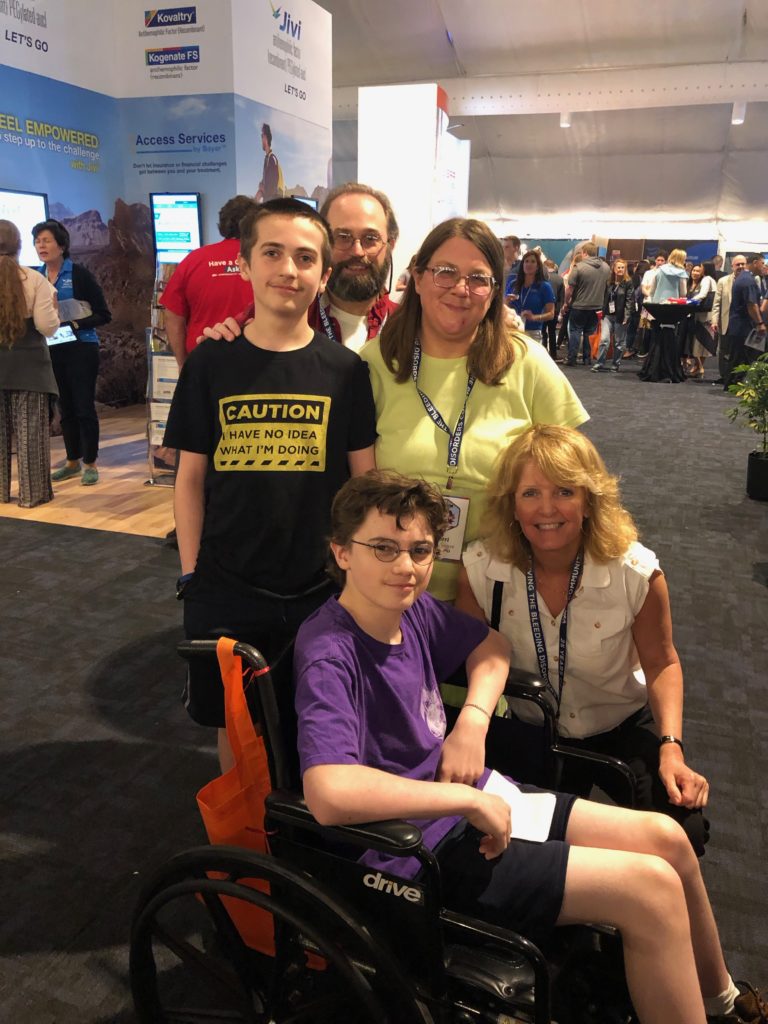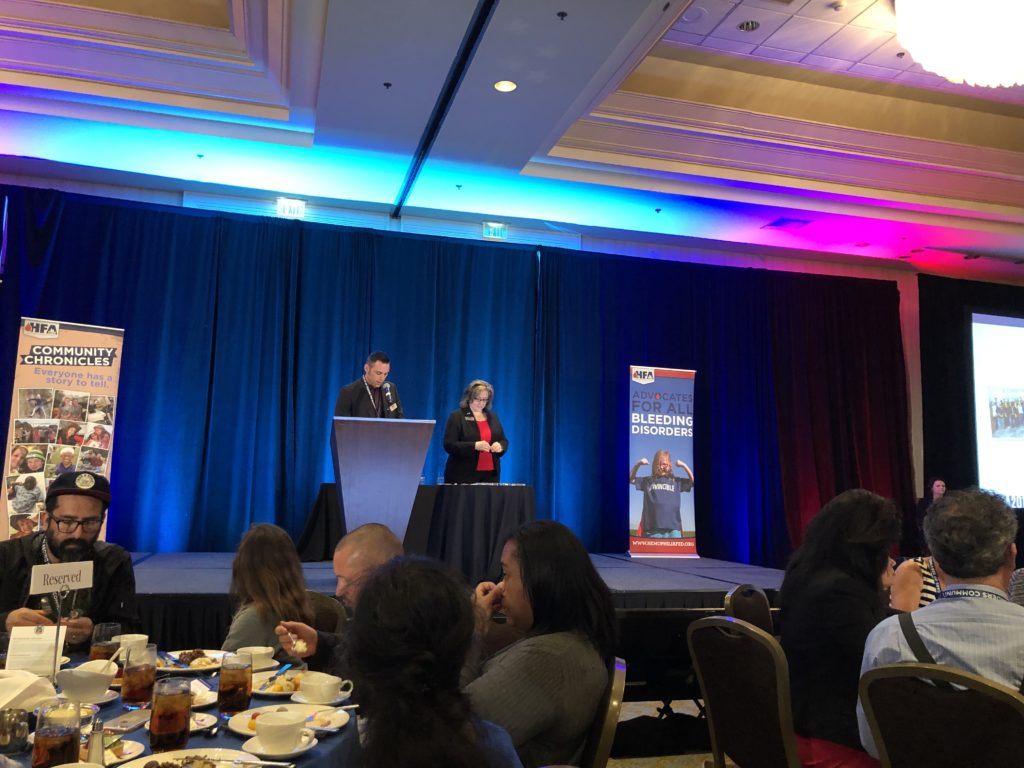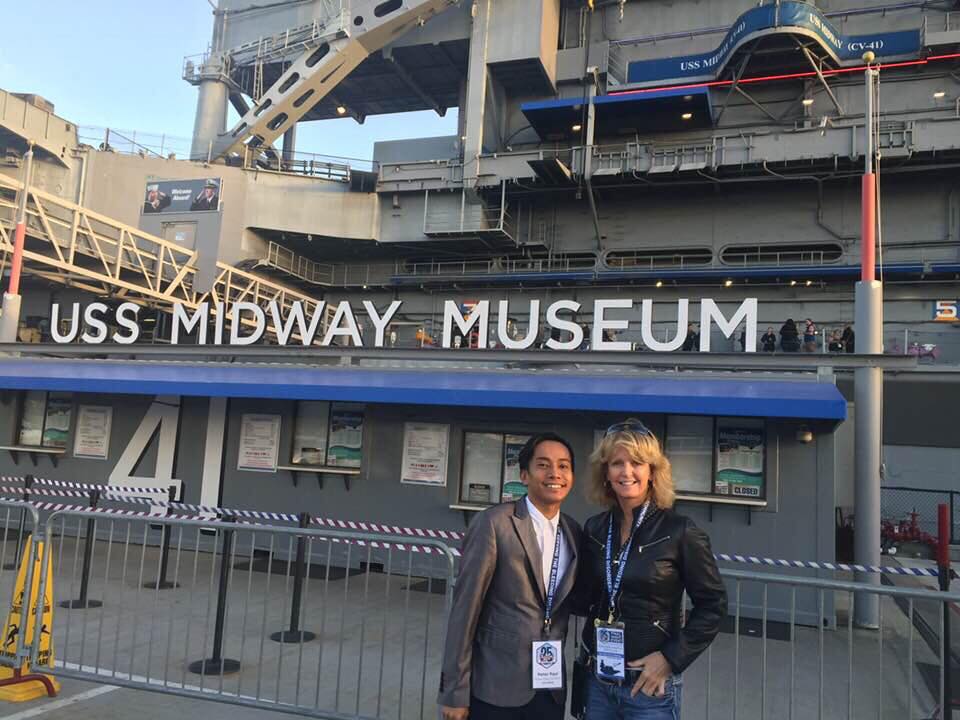Remembering Aurora
It sounds cliché, but there truly are people you meet only once in your life but never forget. Aurora was such a person. My dear friend and colleague Adriana Henderson, founder of S.T.A.R. Children Relief, told me yesterday that this 68-year-old Romanian woman had died. It felt like a star had fallen from the sky into blackness. What do I remember about her?
I met her in April 2004 in Romania, my first trip there. I’ll share from my journal at that time:
“Adriana and I had had several days visiting hospitals and patients, and went on to the city of Isai. We finally arrive at Aurora’s house, late, after 10 pm, tired and stiff. Aurora is a nurse at the local hospital who treats hemophilia patients. She is Adriana’s partner here in Romania, a person whom she trusts completely, with money, with tasks, with confidences. She is a stocky, short, unadorned woman. Her hands are swollen, more from hard work than her weight. Her gray hair is carelessly put in a bun, with escaped whisps loose about her face. She is cross-eyed. She is very gracious. Despite how late it was she had a lovely meal prepared, which she completely cooked herself. With a sly smile she insists that we try her wine, which I wonder is homemade since everything is, and the wine is in a Fanta bottle. Aurora toasts “Christ is Risen,” I answer “Amen,” and we finish our meal. It’s obvious she and Aurora have deep affection for each other. Finally, over a small country bridge, we drive on to the Monastery at 11:30 pm, which is just down the road from Aurora’s house. We awaken one of the nuns and get settled. Aurora had accompanied us to help us get settled, then insists on walking home in the dark, chilled night.
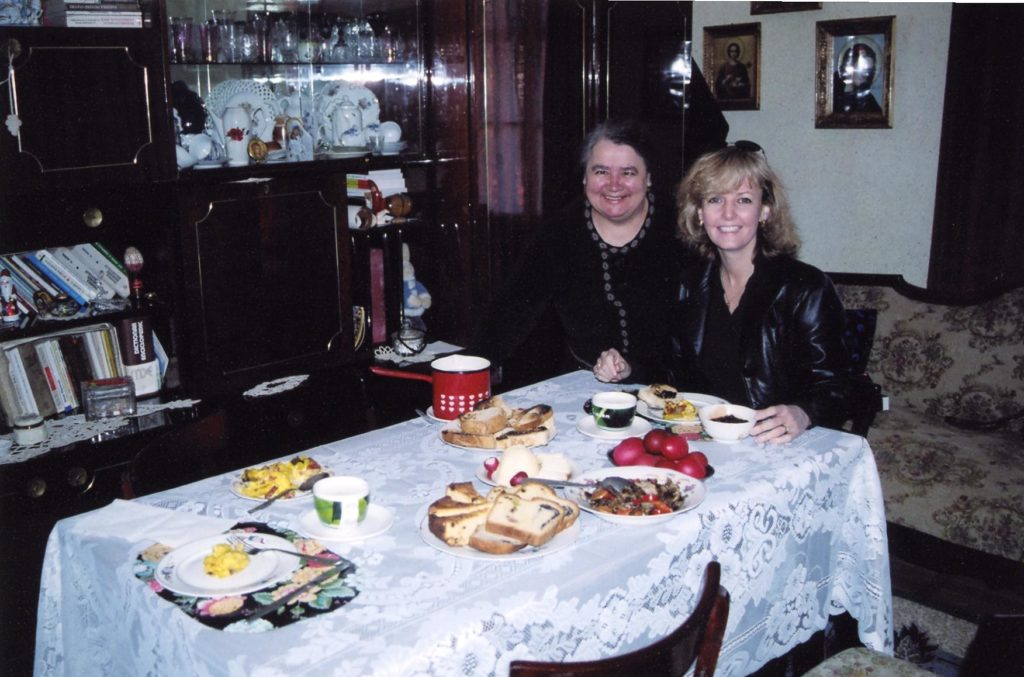
“In the morning we set off to get Aurora, who’s fixed us an amazing breakfast. Homemade strawberry jam, homemade butter, sour cream, eggs fixed with sausages, home made breads. We marvel at her abilities as we learn that neither Adriana nor I cook or enjoy cooking. We are happy to have something so deficient in common! We eat a lot, and it will be our only meal until 10 pm. Aurora now comes with us on our visits. We next visit Marius’ house. Marius has abscessed teeth, and needs to have them pulled. We gave him the 8,000 units we had, a vast fortune for someone with hemophilia here, an amount many would never see in a brief lifetime; a one week’s supply for a typical American boy.
“Next we venture on to Jonas’s [not real name] house. It’s only 20 minutes away. Both Marius and Jonas are Aurora’s patients and under her care. I expect a small home, like the others we have seen, but I am not prepared for his home. He lives in a one-room shack with his four siblings and grandmother. One bed, on which they all sleep, one well from which they retrieve water, one outhouse, next to where the beefy pig is penned. As we come in the grandmother grabs and hugs and kisses me, as if I am here to rescue them. Jonas exists the house, on homemade crutches that cause him to bend over. He looks tough, roughened. He does not smile, and eyes us guardedly. He is 14 years old, thin, with a permanent joint contracture. He has an older sister who is working, a younger sister, 13, who is beautiful, and twin brother and sister. They are both blond haired and green-eyed, absolutely beautiful. At first they are all wide-eyed, and not trusting. Adriana presents them with presents: an Etch-a-Sketch and a doll. The children recite some poems and songs for us, which we recorded. Little by little Jonas warms up.
“His story? His mother is an alcoholic, the father has deserted them. The mother shacks up with a new boyfriend, leaving the grandmother to care for the children. The grandmother is a saint; she had those four children looking as clean as could be, with hair combed and clean clothes on. That seems almost impossible given where they live, They do not have running water or anyplace to bathe. The mother refuses to let Jonas attend school, even though the beautiful school is right next to his home! He could walk over, even with his disability. She refused to let him go to summer camp. She has a million excuses. She beats the children, but it was worse when the father was home. The father would beat all the children, including those angelic twins. When the grandmother fell ill and was in the hospital, the twins would not leave her side, preferring to sleep on the hospital floor rather than go home to a place where they would be unprotected.
“Adriana offers again to send Jonas to a boarding school in town, but Jonas drops his eyes and vigorously shakes his head. Why? Adriana asks. Don’t you want to learn how to write? To study? To get a job? His lip quivers and he bites it. Looking down he answers, not if it means leaving my brother and sisters. He wants to stay to protect them. The grandmother and Adriana get tears in their eyes. What a stoic child.
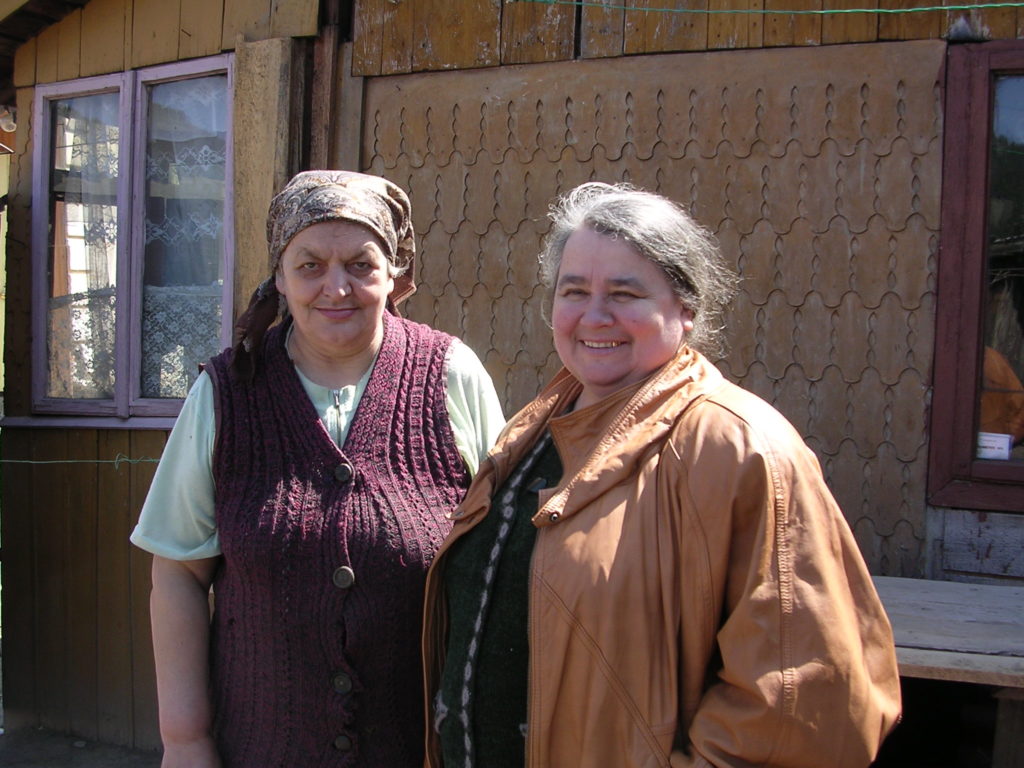
“What do you want to be when you grow up, I ask him. The thing I can never be, he replies, a policeman. Aurora suggests he might work in the police department, and then get top lock up bad guys; his face lightens a bit.
“The visit takes a twist when the mother shows up, stumbling down the street from the town center. She is drunk, and her lover is with her, a thin, weasely-looking guy, dirty and also drunk. We shrink back as if we’ve seen two poisonous snakes. Not Aurora. Usually quiet, unassuming, she suddenly leaps into action, and verbally attacks the mother. Why don’t you let this child attend school? Why won’t you let him attend camp? The mother is smoking and tough looking. Little by little she cannot hold up under the barrage and starts to cry. The children are all watching. I know it is not a pleasant scene, but I hope they see how Aurora fights for them. We’re standing out on the road and neighbors start to gather. The mother earns social security for each child, $10 a month. It’s in her interest to keep the child home and disabled. The welfare money makes her wealthy: she could actually live better than Aurora. But instead she is the town’s poorest person, and drinks her money away. We leave disgusted and angry, vowing to change this child’s life.
“We then drive on to Suceava to meet gypsies with hemophilia [which is a story for another day!]. The day was long and poor Aurora was exhausted. Aurora is a person I imagine not given to asking anything for herself or complaining, yet she kept checking her watch, yawning and looking tired. She has to get up a 4 am, ride 5 hours each day to get to work, and tomorrow must work a double shift.
“April 20, 2004: I awoke at 6:15 this morning at the monastery. It was very cold, with frost on the ground and a chill in air. We had to scrap frost off the car windows, serenaded by a very hungry young cat, who was chased away by one of the farm hands, until Mother Superior let him purr his way into the kitchen. The monastery grounds were quiet and still in cold air. We set off to pick up Aurora. We talked her into letting us drive her to work, so she can get there in 20 minutes, instead of taking the train for 90 minutes. Her 95-year-old father is already up and dressed, bright eyed, saying good morning to us in slow motion. Aurora has been up since 3:30 am, yet has set out a full breakfast, with fresh chicken legs, home made breads, pickled peppers, butter, jam, and tea. She insists we eat. We give her some money for Jonas, and for some other patients. She accepts it without question and stores it in a safe place. I wonder if she thinks I am crazy for parting with this fortune. She earns only $150 a month, but accepts $215 for these destitute people. We trust her completely. We set off to drive her to her hospital where she’ll work two shifts, back to back, helping other people’s kids and worrying about her elderly father all day.
“When we drop her off she has red-rimmed eyes, brimming with tears. She is rambling on and on in Romanian, speaking to me; we are holding hands, hers feel like leathery mitts. I find it hard to let go of her. She is plain, age 53 and looking older than she is, with grey hair and crossed eyes. But how special she is, how selfless. She cares deeply and genuinely for everyone. I can’t think of anyone else who lives Jesus’s message more. I tell her she loves these boys with hemophilia, and she would love my own son if he were one of them, so how can I not love her? Her red-rimmed eyes blink and she shakes her head as if to deny it. I tell her she is an angel on earth and she shakes her head even more vigorously. As we drive off, I look out the back window; she is standing in the street, and we are both waving to each other for as long as we can, until we no longer see each other. It’s not the cheerful waving of goodwill when you leave associates; it’s the forlorn waving to someone you genuinely like when you are not sure when you will see them again. It’s tinged with surprise at these sudden feelings, melancholy, love and fear, fear that you don’t know when you will see each other.”
I only met Aurora that once, and we spent a few days visiting patients together in some odd situations. Enough time to know her heart, and see her fierce love for the children who suffer in action. She had no children of her own, and cared for her elderly father. Who would ever care for her? She is at rest now; a life well-lived, in the service of the poor and suffering. Her name means “Dawn,” and the dawn always gives us hope . The way she always gave hope to the children with hemophilia in Romania.
Support a child with hemophilia in Romania in Aurora’s name by visiting www.saveonelife.net
Support a child in need in Romania by visiting STAR Children Relief.

